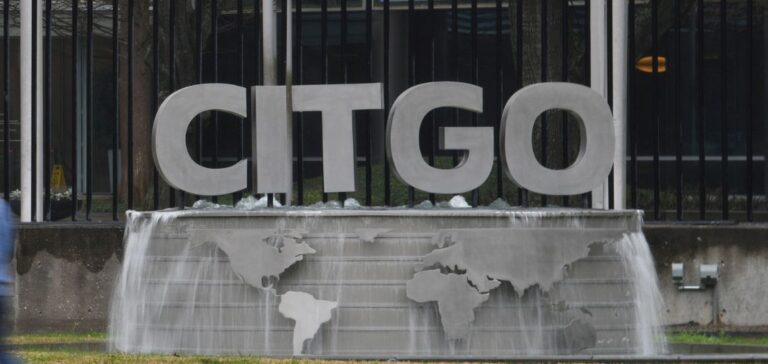The US Treasury Department has extended until November 12 the license protecting Citgo Petroleum Corporation, a key subsidiary of Petróleos de Venezuela S.A. (PDVSA), from creditors.
The decision comes at a critical time, as the auction of shares in Citgo’s parent company, orchestrated by a US court, nears completion.
Since 2019, Citgo has been disconnected from its Venezuelan parent as a result of the sanctions imposed by the United States against Nicolás Maduro’s regime.
This break, while protective, has not totally insulated Citgo from the financial implications of PDVSA’s debts.
Background to the disputes and the Citgo share auction
The Crystallex mining company obtained a judgment against Venezuela for the seizure of assets in compensation for the expropriation of its property in Venezuela.
The judgment triggered a series of disputes, culminating in an auction of Citgo shares authorized by a Delaware state court.
The 18 creditors are seeking to recover up to $21.3 billion.
The sale is due to be finalized in October, with one crucial step: final approval from the US Treasury’s Office of Foreign Assets Control (OFAC), which must validate the identity of the future owner.
Impact on PDVSA bonds and uncertainty for creditors
For holders of PDVSA bonds, which mature in 2020 and are secured by Citgo shares, the license extension adds a further layer of uncertainty.
Transactions on these bonds will remain frozen until the license expires, unless the Treasury decides on a new extension.
This raises questions about the ability of creditors to recover their funds, while maintaining Citgo’s operational continuity on the North American market.
Strategic importance for the US energy market
Citgo’s strategic importance in the refining and distribution of petroleum products in the United States cannot be underestimated.
Despite legal and financial challenges, Citgo continues to operate in a stable manner, supported by successive decisions by the US Treasury seeking to avoid any major disruption to the US energy market.
The extension of this license reflects a cautious approach on the part of the US authorities, aimed at balancing the imperatives of energy stability with the complexity of international disputes involving PDVSA.
As the auction nears its conclusion, market players are keeping a close eye on forthcoming decisions, notably the Treasury’s decision on the approval of the future buyer.
The outcome of this sale will have repercussions not only on Citgo’s future, but also on the dynamics of the North American energy market, at a time when energy transition and decarbonization are becoming strategic priorities for players in the sector.





















